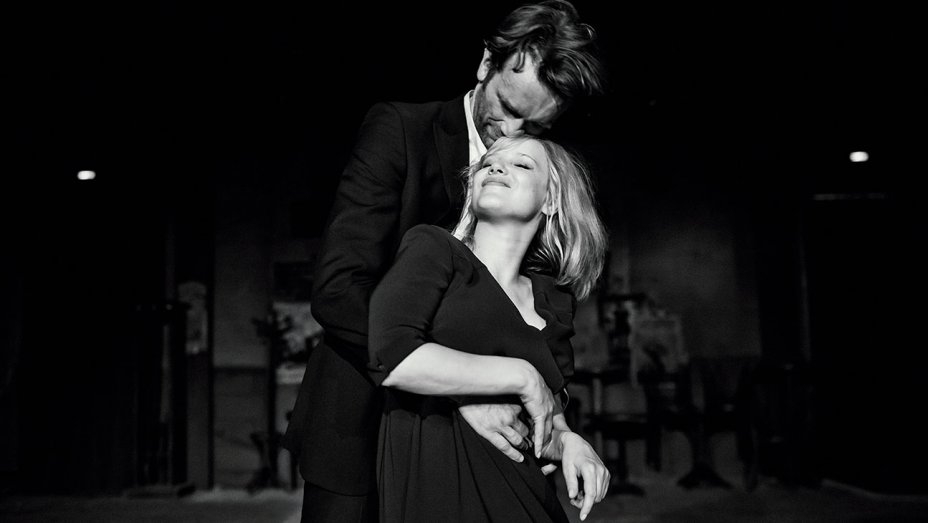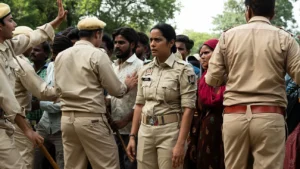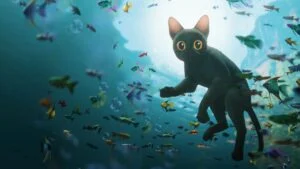
Post second world war Poland, an unassuming audition for a music project and a love story that is unforgettable in every sense of the word. The background of Pawel Pawlikowski’s film Cold War could be summed up in these simple phrases. The film, luckily, rises above its immediate foundation and presents to us a distressing musical tapestry of emotions, passion, politics, practicality, and, often, destiny.
Having met Zula (Joanna Kulig) at an audition for a Polish folk music troupe, musician Wiktor (Tomasz Kot) is quick to spot the spunk in her. The film, almost suddenly, gives us certain vital details – of Zula allegedly having killed her father – only to not divulge further into it at any point. And as seen in every classic star-crossed love story, the couple is simply not meant to be together. Pawlikowski’s plot-driven drama traverses decades – from the ’40s till the ’60s – and the only companion that Zula and Wiktor seek is that of music. Their incompatibility, most certainly, is veiled in the way music represents their predicaments.
No, this isn’t a film where a romantic relationship blossoms over music. There is no pleasant melody to their passionate meetings. The soundtrack – folk songs in the beginning and jazzy numbers in the latter half – rather bring to fore the longing, the intimacy as well as the trepidation that Zula and Wiktor breed for each other. The live performances, often discerningly shot using sharp focuses and slow circular tracking, seldom care for a third-party perspective. No clumsy close-ups, no reaction montages, and absolutely no fuss – these sequences as well as the film at large are about the couple and their turmoil, which run in a never-ending loop. However, I did find it a bit disappointing when the actors’ physical appearances did not necessarily transform the way it should have.
ALSO READ: ‘Jojo Rabbit’ review – a thought-provoking Nazi satire which is also great fun
Photographed with immaculate beauty, it is Cold War’s setting, the 4:3 ratio, and the magic of black-and-white camera that generated the most amount of excitement in me, particularly for the fact that Pawlikowski’s previous venture Ida could use each of these components to mesmerizing results. While I cannot praise the music and the lyrics enough, the lead actors performing their parts let you enter their world – one that is unjust and ill-fated.
And no, this no commonplace tale of unrequited love. The political climate and the thoughtful socio-economic background provide sufficient context to the love story which jumps in time sans warnings. By cleverly avoiding tropes and subplots that emerge as expositionary devices in making the lovers part, Cold War concentrates more on developing their individual character sketches, projecting the orbit of their intimacy over decades to high impact. Their love, to give a mild spoiler, only soars with time. Zula and Wiktor do not need cues to re-ignite their passion for each other, as it was not lost at any point. It lies rusted somewhere deep within, only to be sandpapered upon a chance meeting after ages. How magical are those love stories which still make us believe in the idea of permanence?
Rating: ★★★★ 1/2
Cold War is now streaming on Netflix.

